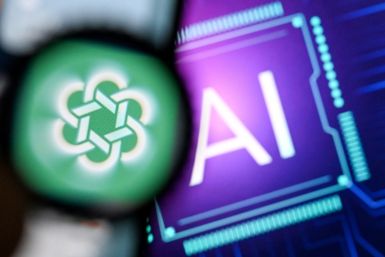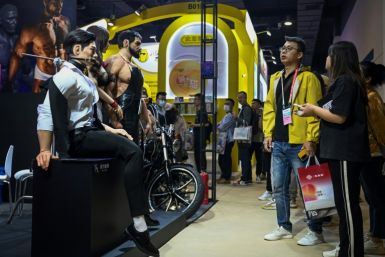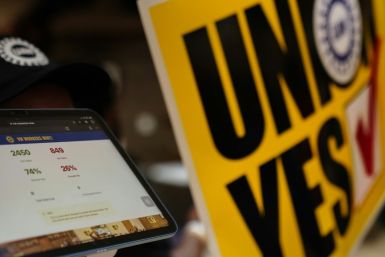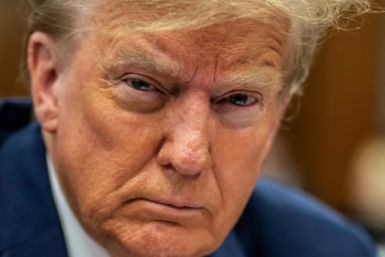Japan To Give Australia Secret Technical Data On Soryu Class Submarines
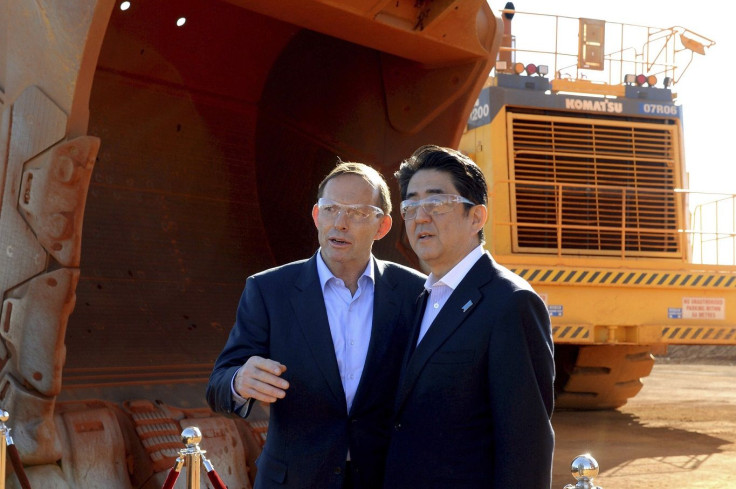
Japan has agreed to hand over classified submarine data to Australia in an unprecedented move that signaled Tokyo’s interest to join the bidding to help design Canberra’s next fleet of submarines. Two Japanese officials who know of the plans have confirmed the data turnover within the month.
With Japan’s willingness to make the next step in entering the Australia’s “competitive evaluation process,” the Asian country will be pitted against Germany’s ThyssenKrupp and the French state-controlled naval contractor DCNS. The Abbott government is believed to have been close to announcing a deal in 2014 but refrained from going public due to several obstacles. It is an open secret that Australian Prime Minister Tony Abbott prefers Japan’s Soryu Class sub, reports SMH.
The Abbott government had to sort through political considerations in South Australia, home of ASC, the government-owned shipbuilder. Another obstacle has been Japan’s limited experience in selling military hardware to other nations. The Japanese government is also wary of turning into a major arms exporter. The cost of designing and building Australia’s 12 advanced stealth submarines will be at least $40 billion.
Australian Defence Minister Kevin Andrews had spoken to his Japanese counterpart Gen Nakatani last May 6 and encouraged Japan to participate in the competitive evaluation process. “During a phone call with his Japanese counterpart, Minister Andrews had formally invited Japan to participate in the evaluation process,” said a spokesman for Andrews.
The Japanese officials said Japan’s defence ministry has agreed to the country’s first disclosure of secret technical data to a foreign military force other than the U.S. since Australia needs it to assess the submarine’s technical capability.
Reuters said Australia is interested in Japan’s 4,000-tonne Soryu class sub and lithium ion battery propulsion system. France and Germany’s subs offer 2,000-tonne submarines.
Japanese Defence Ministry spokesperson Hirofumi Takeda has declined to reveal the details of the planned turnover of classified data. He said the “relevant ministries in Tokyo” are discussing how Japan can help Australia.
Australia’s evaluation process would take at least 10 months as the government will assess capability, cost, schedule and the level of involvement of the local shipbuilding industry. After the process, the defence ministry will make its recommendation for the Abbott government to consider.
(To report problems or leave feedback on this article, contact: r.su@ibtimes.com.au)


